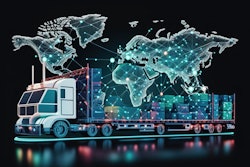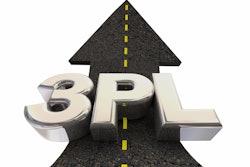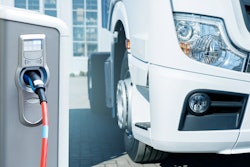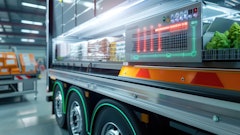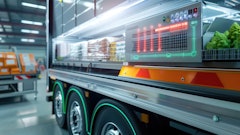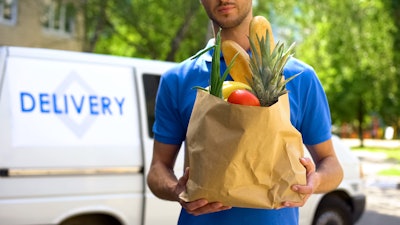
After a user clicks “order” at their favorite online store, they likely don’t know what happens next, nor do they really care. They just eagerly await that package on the front step or email notification that it’s been delivered. They also expect to seamlessly return the order if things don’t work out and quickly receive either a refund or exchange.
What transpires between that click and the eventual doorbell ring is a remarkably complex series of logistics tasks. And it’s not just convoluted for the shopper — even some growing businesses struggle to perfectly coordinate every step from order fulfillment to last-mile delivery.
Getting this choreography right is becoming increasingly tricky as consumer expectations intensify. According to the Retail Industry Leaders Association, more than 90% of consumers see two- or three-day shipping as the baseline, and 30% expect same-day delivery.
With the stakes continually being raised, there’s little room for error in logistics. A missed handoff, shipping delay, or misrouted package can quickly spiral into frustrated customers, returns, canceled orders, and lost sales. Unlike the rest of the retail world, companies that produce food items can’t just put those products back on the shelf. No business wants its hard-earned reputation tarnished by a logistics mishap.
More companies are turning to integrated digital logistics ecosystems to help optimize their entire supply chain flow and maintain or improve the customer experience. At their core, these platforms unite fulfillment, parcel delivery, and last-mile logistics functions through a merger of artificial intelligence (AI), machine learning, cloud computing, and other cutting-edge technologies. They help analyze massive data streams to make smarter decisions around transportation spend, inventory management, driver utilization, and more. With machine learning optimizing routes and delivery methods in real-time, businesses can maximize efficiencies, minimize mis-shipments and ultimately reduce overall logistics costs.
Introducing automation allows companies to re-allocate employees to higher-value projects. The benefits reach all the way to the bottom line. AI-driven insights help minimize errors, leverage the most cost-effective transportation routes and make smarter inventory decisions — ultimately driving down operational costs.
Where larger companies may have their own digital logistics ecosystems and partnerships in place, integrated logistics providers will do the heavy lifting for you.
An integrated ecosystem allows you to nip potential logistics problems in the bud. This is even more important for food retailers whose products can spoil if they aren’t moved quickly or kept in the right environment. Food retailers should also look for platforms that allow notes for delivery partners to ensure delicate items like pies and cakes are treated with extra care. Effective communication channels within the platform enable seamless collaboration between supply chain partners, ensuring that issues are addressed promptly before causing major disruptions.
But the benefits of an integrated ecosystem don’t stop with your company — this helps customers, too. Real-time visibility into every step of the supply chain creates transparency for your operations and builds trust with customers who can monitor their order status. Exceptional customer experiences cultivate loyalty. At the end of the day, it all comes down to keeping customers happy and coming back for more.
Consumers have been conditioned to expect seamless deliveries that happen quickly, visibly and without a hitch. And with retail titans continually pushing the boundaries, these once-exceptional fulfillment standards are rapidly becoming the baseline.
For businesses looking to meet those soaring expectations, an integrated digital logistics ecosystem is no longer just a competitive advantage — it’s a necessity for survival. These platforms keep the entire supply chain running with fine-tuned performance.
Every stakeholder — the fulfillment centers, parcel carriers, and last-mile drivers — plays their role with automated precision and real-time optimization. Potential issues get resolved before causing disruptions. Customers can arrange and track each step transparently, building confidence.
Logistics is just as important as the products being sold by e-commerce retailers today. In today’s always-on world of instant gratification, providing a positive delivery experience helps a retailer become a leader in its sector. The winners will be the businesses that recognize logistics as the critical final act of every sale, deserving of the same hyper-personalized attention as the product research and checkout process.
Customers may not understand what happens after clicking that “order” button, but they’ll keep clicking if their favorite store delivers the right experience and the product they’ve been searching for.





